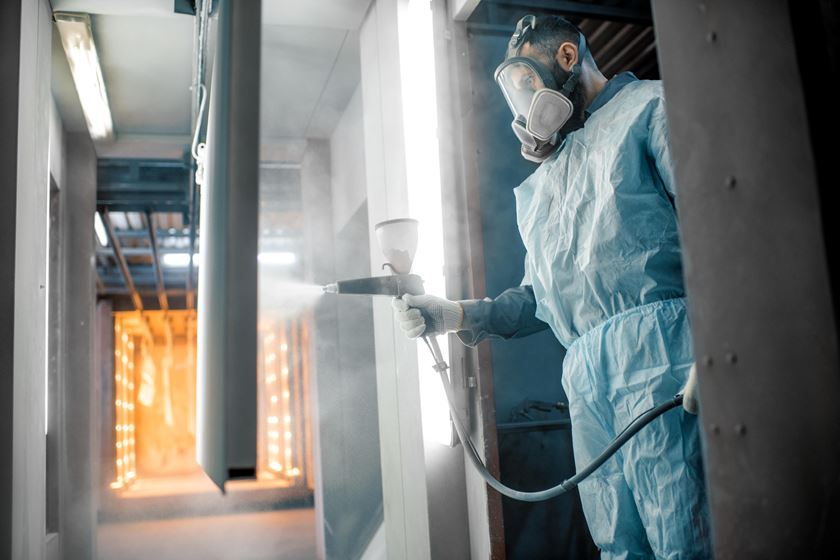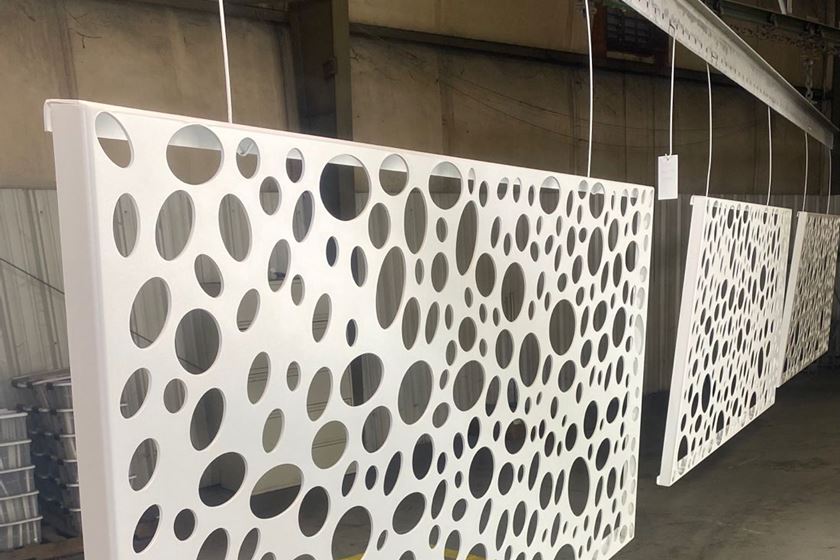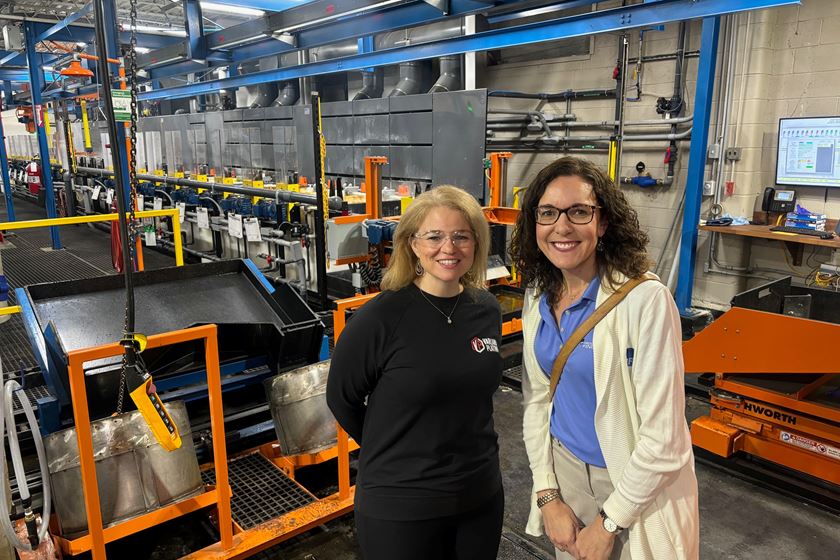Recycling Spent Bulbs Revisited
We have a wastewater pretreatment system that consists of several sumps and holding tanks. For level control, we use mercury float switches. Periodically, these go bad and have to be replaced. Since spent fluorescent lamps contain mercury and can’t be thrown into our regular trash, what do we do about these switches?
#pollutioncontrol #sustainability
Q. After reading your November 2006 column, “Recycling Spent Bulbs,” I, too, got with my maintenance manager to see how we are handling spent fluorescent bulbs. I was pleased to find out that we have been using a recycling service for several years although we have to get our labeling during storage up to speed. However, he did ask me a question I had no answer. We have a wastewater pretreatment system that consists of several sumps and holding tanks. For level control, we use mercury float switches. Periodically, these go bad and have to be replaced. Since spent fluorescent lamps contain mercury and can’t be thrown into our regular trash, what do we do about these switches? D.W.
Featured Content
A.To encourage the recycling of certain common wastes that contain mercury, USEPA has declared certain waste as “universal wastes;” that is, waste that would normally be highly regulated as RCRA hazardous waste would not so regulated if recycled as “universal waste” (40CFR273). Not only does the universal waste regulations cover spent lamps as I have described in recent columns, but also mercury-containing equipment, such as the mercury float switches you described, as well as thermostats, thermometers, barometers, and differential pressure gauges. In essence, “mercury-containing equipment” means a device or part of a device that contains elemental mercury integral to its function.
While you did not mention it, I am assuming that you are either a small quantity generator (> 220 lbs and < 2200 lbs per month) or large quantity generator (>2200 lbs any month) of hazardous waste, therefore, the mercury float switch would be considered hazardous waste if disposed and not recycled. However, almost every state in which we have performed work is more stringent than USEPA and requires even conditionally exempt small quantity generators (<220 lbs in all months) to dispose of hazardous waste to an EPA permitted hazardous waste treatment, storage, or disposal facility. Furthermore, a few states mandate recycling of mercury-containing equipment from all industrial and commercial facilities.
The USEPA requirements for handling, storing, and recycling of mercury-containing equipment is similar to that of spent lamps:
- Store switches in a suitable, leak proof, closeable container. A five gallon plastic bucket with a lid can work,
- Each container must be label ""Universal Waste —Mercury containing equipment for recycling" or similar language,
- Mark on the container or tag the date the first spent device is placed into the container,
- If at all possible, attempt to store no more than one year, although EPA will allow additional
time if you comply with above storage require ments and have made arrangements for recy-
cling but need to accumulate more spent devices to make the shipment to the recycler worth
while, and - Contact your state environmental/waste management agency to determine if they have more
stringent universal waste regulations than US EPA and modify the above accordingly.
There are a number of firms that engage in mercury recovery around the country. A number of these provide recycling kits; these kits are typically suitable for storage while you collect spent devices and include prepaid shipping, and sometimes, recycling fees. I found a number of good hits when I searched the web with the phrase "mercury recycling companies."
Also, you can go to USEPA's web page, www.epa.gov/epaoswer/hazwaste/id/univwast/mercury.htm, for more information on mercury-containing equipment recycling.
D.W., thanks for good question.
RELATED CONTENT
-
Zinc Phosphate: Questions and Answers
Our experts share specific questions about zinc phosphate and pretreatment
-
Filter Press Troubleshooting and Optimization
Zachary Beckman of Haviland Enterprises Inc. discusses proper filter press maintenance for optimization of wastewater treatment systems.
-
NOx Scrubbing Technology Breakthrough
This paper presents research findings and practical results that address the treatment of the problematic greenhouse gases nitrogen oxides (NOx) and sulfur dioxide (SO2).


















